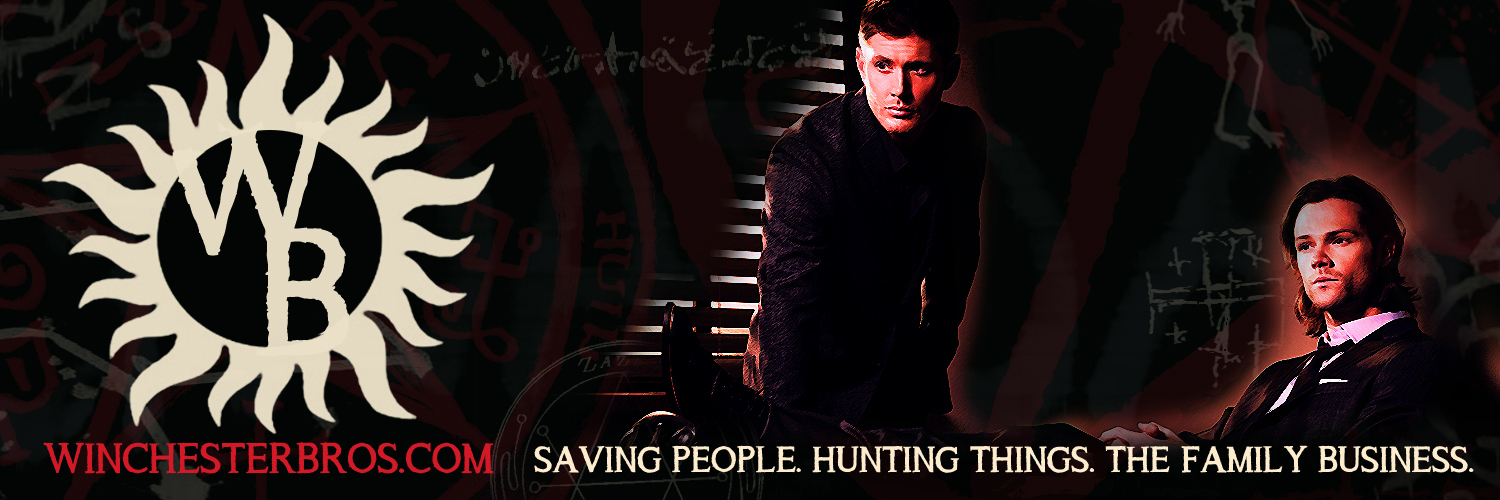Review for the Supernatural book, Witch's Canyon.
On the whole, the story lends itself to the horror genre roots of “Supernatural”, pitting the Brothers Winchester against a curse set forth by a witch in rural Arizona. Every forty years, the curse unleashes a fury of death and murder. Resolving that problem requires a combination of research, careful cooperation with locals and law enforcement, and tons of rock salt. All the usual elements of a solid “Supernatural” episode are therefore represented.
On the positive side, the story never stops moving, and there are enough complications to force Sam and Dean to apply their strengths and contemplate their weaknesses. Observant readers will be able to anticipate a few key plot points, but it’s more about the process taken by the brothers to find the solution. That means solid characterization, and general speaking, the author gets the job done.
This does lead, however, to one complaint. A vital component to any superior “Supernatural” story is exploration of the brothers’ psychology. There are some nice moments in the book, particularly Dean’s memories of his difficult childhood, but there could have been a lot more of that material. It’s almost as if the two books slid towards two opposing extremes, and this was the novel dedicated to the action and style over depth of substance.
Because the scale of the curse was rather large, I found it hard to reconcile some of the reactions from the locals. The mayor and shopping mall manager seemed to be completely insane, ignoring the swath of death throughout the town. It was a more extreme version of the concept used on “Buffy”, where “normal” character would rationalize “paranormal” events, and in this case, it just didn’t make sense. It was so hard to swallow that it took me out of the story on several occasions.
Ultimately, this is still not going to please the fans looking for a literary masterpiece devoted to the Brothers Winchester. It’s a more active story, sometimes to the detriment of the book as a whole, and that makes it an easy enough read. With the effect of the writers’ strike soon to be felt, it’s worth saving for a cold and Winchester-less evening.
